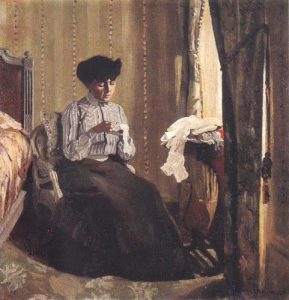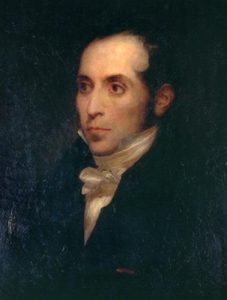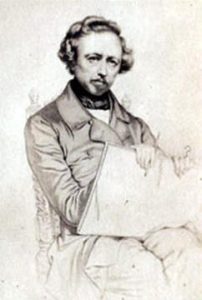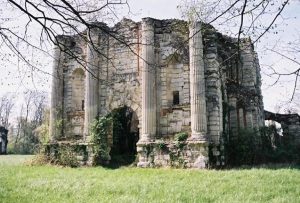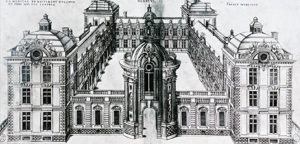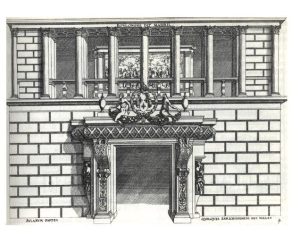One of the Nabis (a group of Parisian artists) who introduced Surrealism
This French painter was born in Lausanne to a Protestant bourgeois family, and decided to become a painter when he was 18.
He moved to Paris and enrolled with the Académie Jullian. As early as 1893 he took part in the Salon des Artistes and the Salon des Indépendants , causing a scandal. He joined the Nabis (the word means prophets) and published wood engravings in the Courrier Français, le Rire, la Revue Blanche and other satirical publications. They won him international acclaim.
With his rather naïve style, a simplified technique and emphasised outlines, Vallotton conveyed his vision of an austere, uncompromising world. His paintings of the Nabis period, and later works, show harsh naturalism or often chilling eroticism, heralding the arrival of Surrealism.
Jules Renard said about him “He only enjoys bitterness” (Il ne se régale que d’amertume), referring to the morbid delight he found in observing life’s harsh realities.

